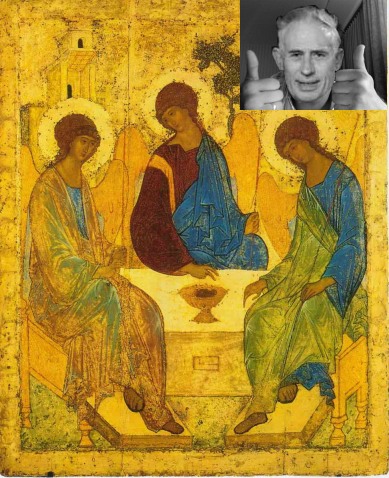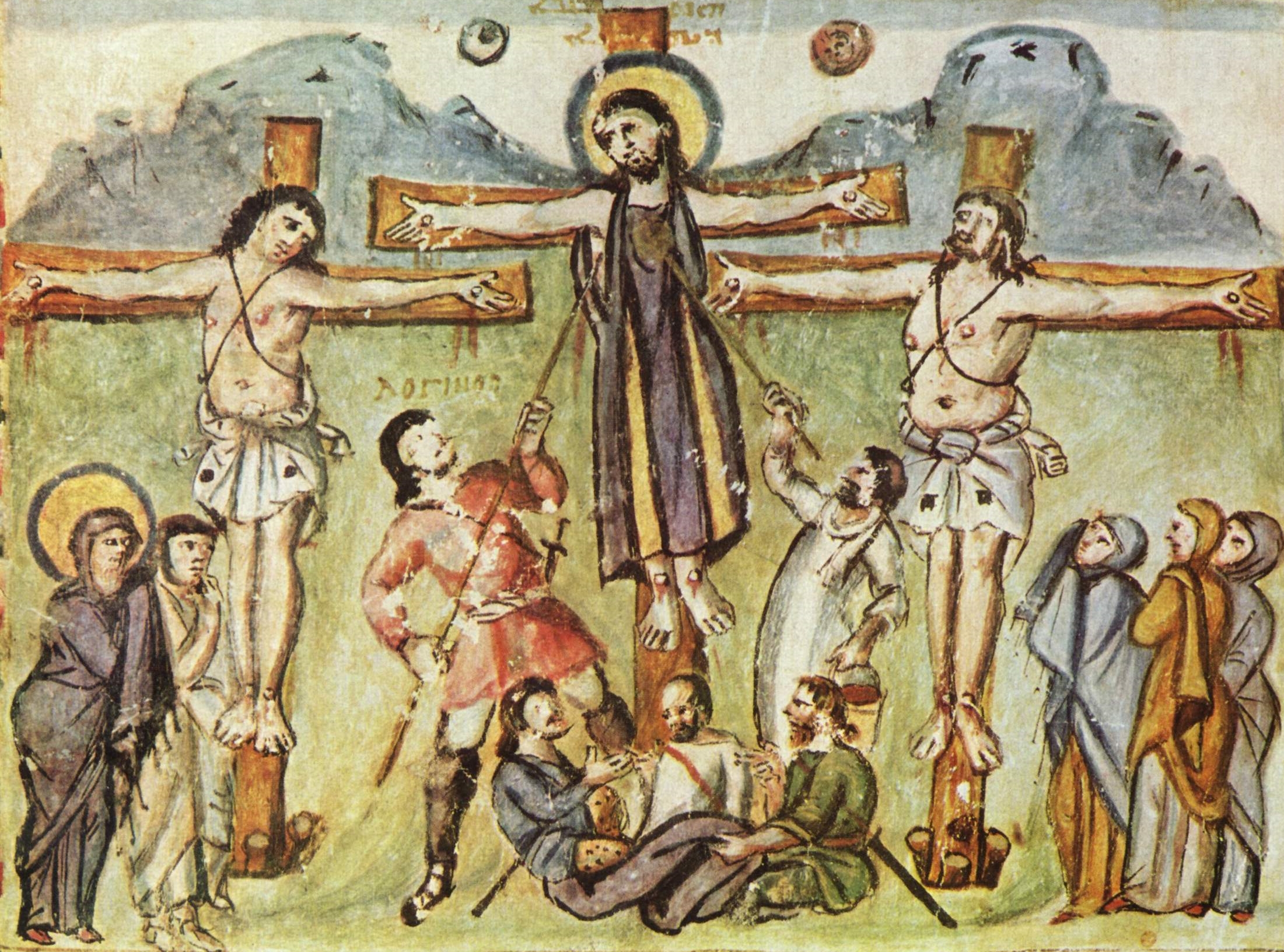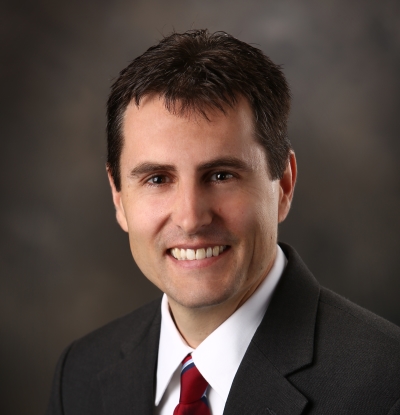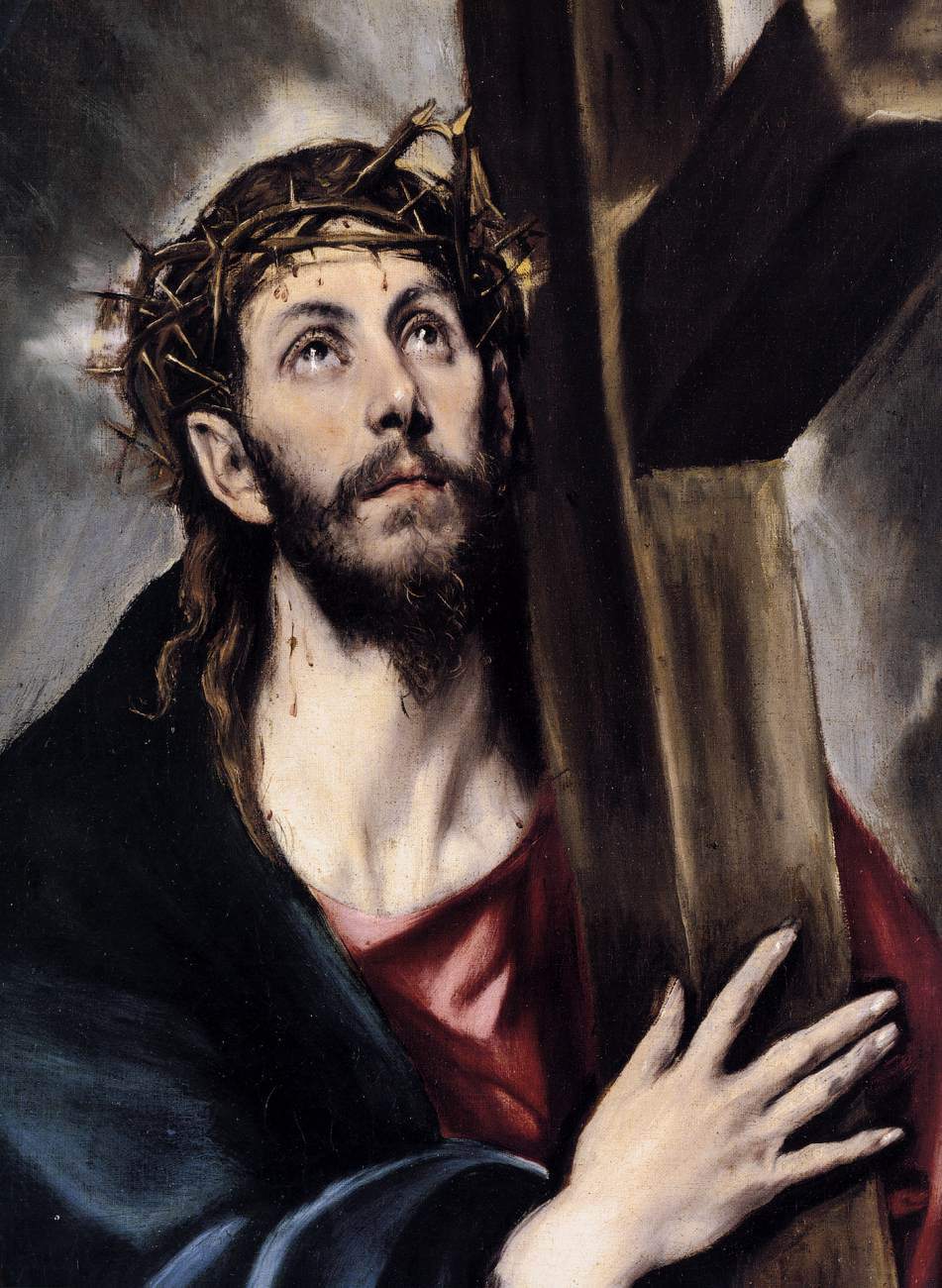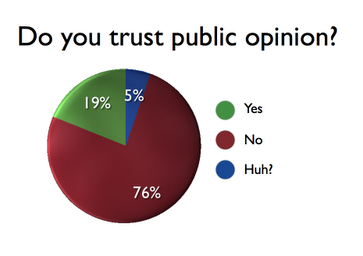Gregory of Nazianzus – an early dialetheist? (Dale)
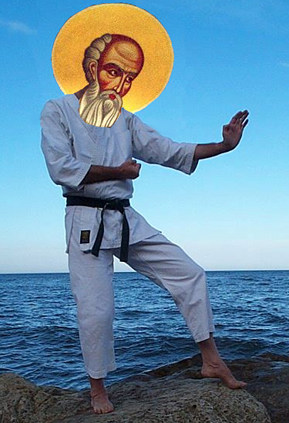 Philosopher Graham Priest is notorious for his claim that there are true contradictions. I have to confess that when I first heard this years ago, I thought the people telling me were pulling my leg. But, they were not. Priest is deadly serious, and has developed paraconsistent logics – logical systems which allow some true contradictions. And he’s vigorously defended his claims against all comers, as in this recent book.
Philosopher Graham Priest is notorious for his claim that there are true contradictions. I have to confess that when I first heard this years ago, I thought the people telling me were pulling my leg. But, they were not. Priest is deadly serious, and has developed paraconsistent logics – logical systems which allow some true contradictions. And he’s vigorously defended his claims against all comers, as in this recent book.
No, he doesn’t say that all contradictions are true – only some of them. And the ones which are true are also false. He claims that this thesis of dialetheism solves the liar paradox and others.
Very rarely, some theologian will come along, and assert that the Trinity doctrine is a true contradiction – not a merely apparent contradiction, but a real one.
Most Christians, though, eschew such a claim. Mysterian James Anderson discusses and rejects this approach to Christian mysteries in his book Paradox in Christian Theology.
Much to my surprise, I recently found a move like Priest’s in Gregory of Nazianzus (d. c. 390), in his Third Theological Oration.
Gregory is considering an argument by Arians, a premise of which is that the Son who the Father begot either was or was not in existence – I take it, prior or “prior” to his being begotten. (It is clear at the end of this section that Gregory takes them to mean literally before.)
Gregory asserts that this claim “contains an absurdity, and not a difficulty to answer.” He then gives a non-too-clear time example, which I’ll skip. Then he argues,
…in regard to this expression, “I am now telling a lie,” admit one of these alternatives, either that it is true, or that it is a falsehood, without qualification (for we cannot admit that it is both). But this cannot be. For necessarily he either is lying, and so is telling the truth, or else he is telling the truth, and so is lying. What wonder is it then that, as in this case [of the liar paradox] contraries are true, so in that case [concerning the Arians’ premise above] they [i.e. both alternatives] should both be untrue, and so your clever puzzle prove mere foolishness?
I take it that the “contraries” he mentions would be: “the man is lying” and “the man is telling the truth”. Contraries are often defined nowadays – I’m not sure how they were defined in his day – as claims that can’t both be true. But here, Gregory asserts that both are trueRead More »Gregory of Nazianzus – an early dialetheist? (Dale)




